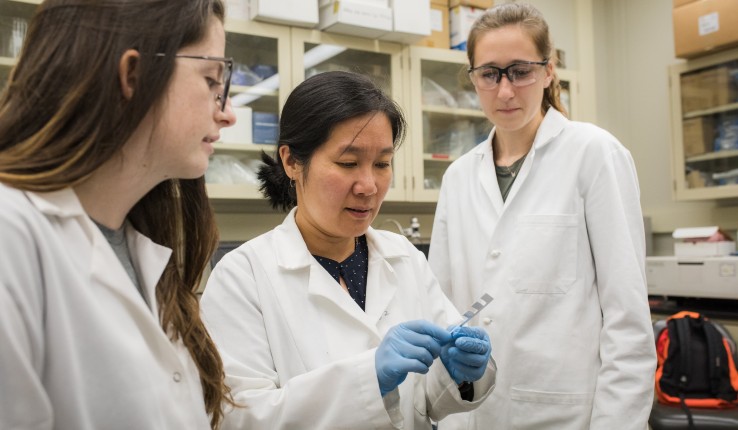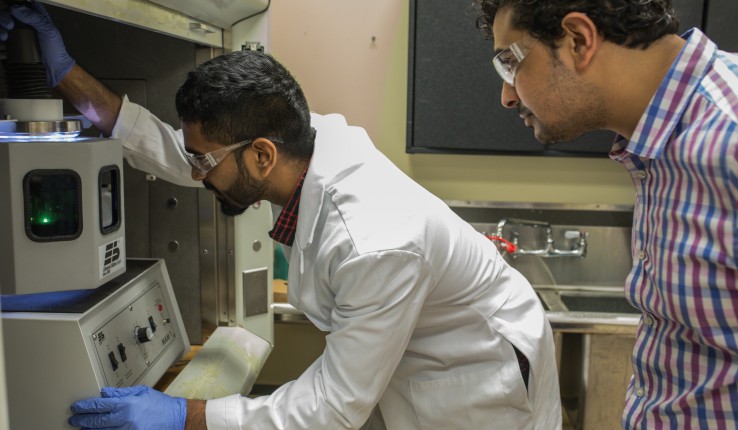Lehigh is part of one of five new U.S. National Science Foundation I-Corps Hubs announced today to provide experiential entrepreneurial training to academic researchers across all fields of science and engineering and accelerate the transformation of scientific discoveries into technologies that improve everyday lives.
Each Innovation Corps (I-Corps) Hub is funded at $3 million per year for five years and comprises a regional alliance of at least eight universities. Lehigh is a member of the Northeast region I-Corps Hub, led by Princeton University, with partner institutions the University of Delaware and Rutgers University. Affiliates include Lehigh and Temple University in Pennsylvania, New Jersey Institute of Technology and Rowan University in New Jersey, and Delaware State University, a Historically Black College or University (HBCU), with new affiliates added each year.
The I-Corps Hubs form the new operational backbone of the National Innovation Network, a network of universities, NSF-funded researchers, established entrepreneurs, local and regional entrepreneurial communities, and other federal agencies that helps researchers learn how to translate fundamental research results to the marketplace. The hubs will work collaboratively to build and sustain a diverse and inclusive innovation ecosystem throughout the U.S.
"For 10 years, the NSF I-Corps program has been critical to fostering the creative spirit and entrepreneurship that enables NSF-funded research to be translated into new products and services and contribute to the nation's economy," said NSF Deputy Assistant Director for Engineering Linda Blevins. "I am delighted to launch the first of our I-Corps Hubs, which will form the foundation for strengthening and scaling this innovation ecosystem. The I-Corps Hubs will bring together diverse scientists and engineers, entrepreneurs, business leaders and industry partners from every part of our country, providing everyone with an opportunity to solve key challenges and spur economic growth, including new startups and new jobs."
Taking research to market
The I-Corps program, established in 2011, connects NSF-funded academic researchers across science and engineering with the technological, entrepreneurial and business communities to help create a National Innovation Network. The program is designed to support the commercialization of deep technologies, which grow from discoveries in fundamental science and engineering.







